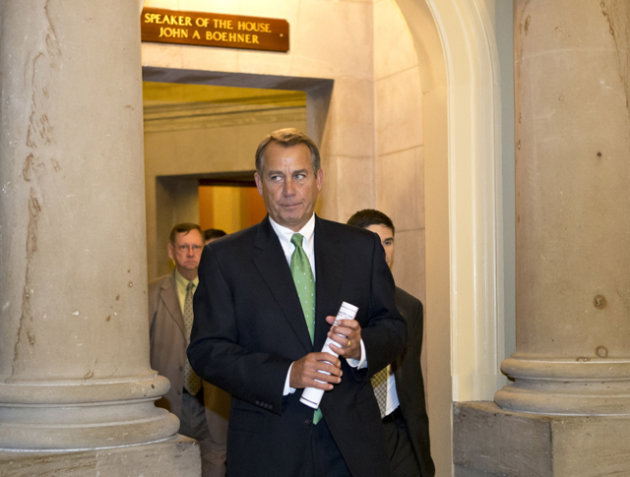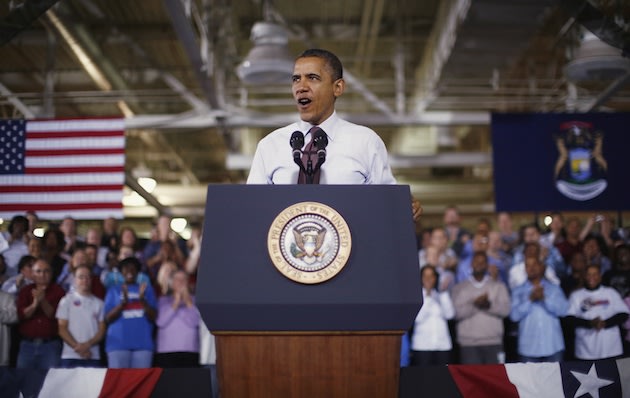NEW YORK (Reuters) – Aetna Inc, the third largest U.S. health insurer, said on Wednesday that by 2014 it expects to be part of about 15 healthcare exchanges being established under government reforms.
Aetna, one of the companies on the front lines of healthcare changes in the United States, told analysts and investors that it believes an increase in the number of customers from the new market places will likely contribute to its growth.
An estimated 30 million more people are expected to join the insured over the next decade because of the U.S. Patient Protection and Affordable Care Act of 2010. Millions of those will seek their health insurance through the exchanges.
States have until December 14 to decide whether they will participate in a state-based, federal or partnership exchange. About 18 states have said they will create their own state-based exchanges and 18 others plan to default to a federal exchange, according to the Kaiser Family Foundation, a non-profit health policy group.
The shift to exchanges is fundamentally changing the managed care business, Aetna executives said during Wednesday’s meeting with analysts and investors.
“More and more consumers are going to be buying their healthcare, even if the employer-sponsored system survives,” Chief Executive Officer Mark Bertolini said. “A lot of things that we do today are no longer necessary to the end buyer.”
Aetna said profits will be helped by cost controls and growth of carefully managed care organizations — networks of doctors that work together — and expansion in government programs, such as Medicare for the elderly and Medicaid for the poor, and Aetna’s pending purchase of Coventry Health Care Inc..
Aetna expects earnings of $ 5.40 per share in 2013, below analyst estimates of $ 5.52 per share according to ThomsonReuters I/B/E/S. It sees revenue growth of 9 percent in 2013.
Competitors such as UnitedHealth Group Inc and Cigna Corp also gave weaker than expected 2013 earnings outlooks during their year-end meetings with analysts and investors. Aetna shares rose about $ 1.96 to $ 46.43 in midday New York Stock Exchange trading.
Aetna, whose $ 5.6 billion acquisition of regional insurer Coventry is being looked at by antitrust regulators, said that it still expects the deal to close in the middle of next year. It said it has not run into any issues that are beyond its expectations.
Aetna Chief Financial Officer Joe Zubretsky said in an interview that Aetna had not factored the possibility of the United States going over the so-called fiscal cliff into its 2013 outlook. The “fiscal cliff” is a combination of mandatory spending cuts and tax increases that will go into effect at the beginning of next year if a deficit cutting resolution is not reached by U.S. lawmakers.
Aetna’s outlook is based on a cautious view of the economy and one in which unemployment remains at about 7.5 percent and interest rate returns remain extremely low, the company said.
“We’re pretty much assuming the cliff gets solved,” Zubretsky said.
But he said the company is concerned and guarded against the possibility that it is not resolved. If that does happen, he said U.S. employees poised to lose their jobs and health insurance may increase use of medical services, or Aetna’s large employer business may decrease as companies cut back on employees, both of which would likely hurt profits.
(Editing by Bill Berkrot and Grant McCool)
Seniors/Aging News Headlines – Yahoo! News












